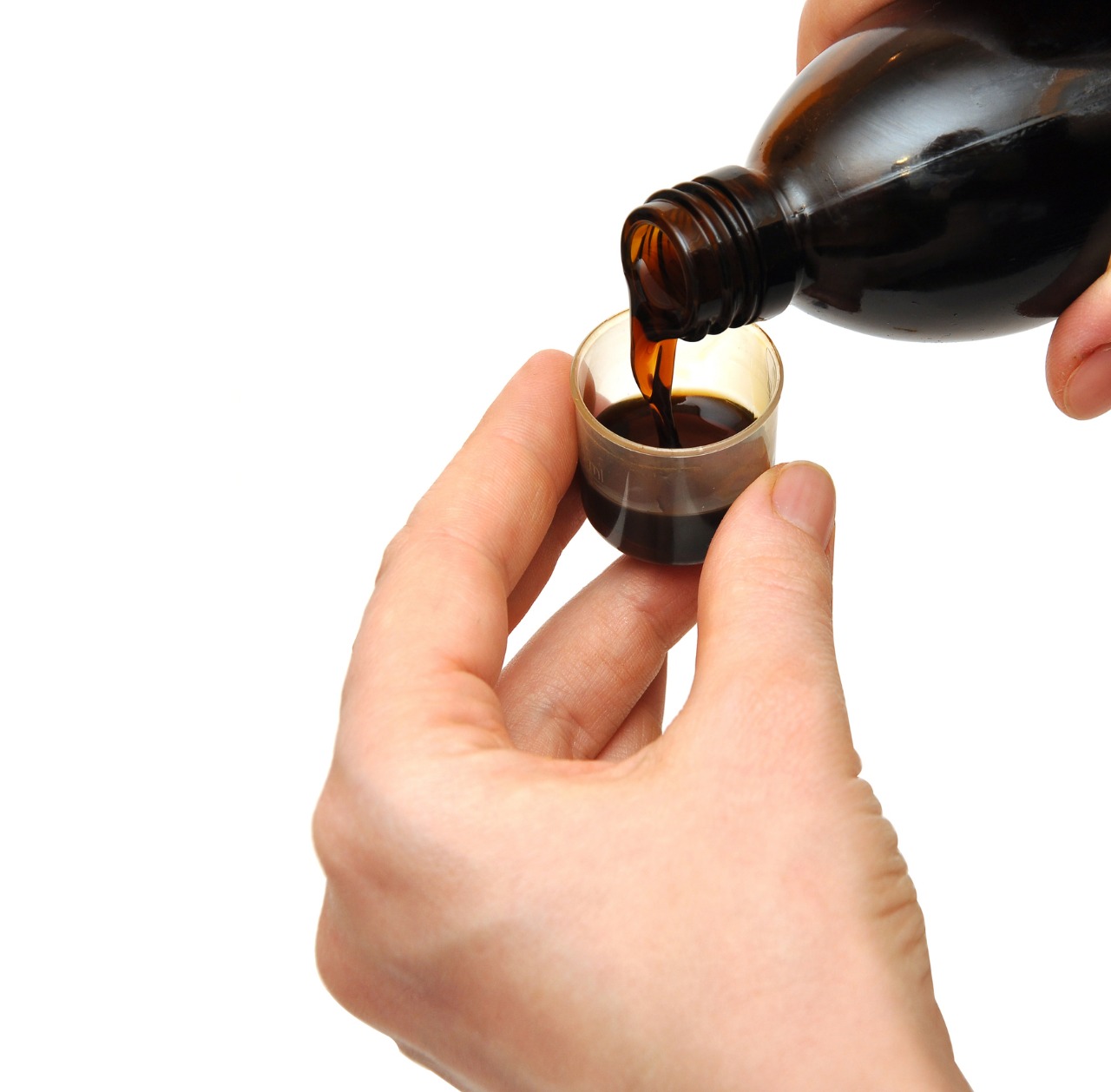Oral Liquid Dosage Formulation Development
Home » Formulation Development » Oral Liquids
Liquid oral dosage forms, such as solutions and suspensions, provide unique benefits for patients who have difficulty swallowing solid oral dosage forms – capsules or tablets – and are the preferred choice of drug administration for pediatric and geriatric patients. Liquid formulations also benefit from easy dose titration based on administration volume, allowing pharmaceutical companies to manufacture less SKUs leading to cost savings.
Advantages of Suspensions
Liquid oral dosage forms offer additional advantages including:

Rapid Development for New Chemical Entities (NCE)
The majority of new drugs in the pharmaceutical NCE pipeline have poor solubility. Oral suspensions as a dosage form offer a quick, convenient solution for many of these active molecules to mitigate this obstacle and move them along the pathway to early phase clinical studies.
Improved Stability (compared to solution dosage forms)
The fragility of certain drug molecules can make them prone to degradation in some dosage forms. In such cases, these drugs can be converted into more insoluble derivatives and formulated as suspensions. This in turn can improve drug stability. Some drugs can even degrade in the presence of water – these can be formulated using non-aqueous vehicles such as oils.
Improved Bioavailability (compared to solid oral dosage forms)
Suspension formulations provide a larger surface area for the drug to dissolve. Where tablets and capsules need to disintegrate before the API can begin dissolving, suspension products can bypass this step and begin being absorbed instantly into systemic circulation. Removing this step allows for drugs in suspension products to dissolve more quickly, which in turn can improve bioavailability.
Sustained Release
For poorly soluble APIs, the drug dissolution rate can be controlled through formulation factors such as particle size, pH, and solubilizing agents. Sustained release can also be achieved through special formulation technologies using ion-exchange resins, polymer coating, and/or non-aqueous vehicles. These types of products are more challenging to formulate and manufacture, but they can provide better protection of intellectual property (IP).
Taste Masking
Some drugs have an innately bitter or unpleasant taste. Suspensions can reduce this sometimes difficult inconvenience by using insoluble salt forms, pH control, and/or a polymer coating.
Dose Titration
Single stock-keeping units (SKU) can cover a wide range of dosing strengths by using dosing syringes or graduated dosing cups. This reduces the cost of development, manufacturing, and inventory management.
Contact Us
Pharmaceutical Solutions for Product Development
At Vici Health Sciences, our scientists have in-depth knowledge, extensive prior experience, and a plethora of tools to help you develop your formulation. From oral to liquid dosage conversions to taste-masking, Vici can tailor your drug products to fit your needs and the needs of your patients. Contact us to find out more about how we help you with your pharmaceutical R&D journey today.
Unit Dose Cups
Formulation Development of Oral Liquids
A few aspects must be considered when developing an oral liquid formulation:
- The drug substance must be soluble in the vehicle over the range of strengths, temperature conditions, and through the shelf life. Any precipitation would lead to dosing errors and product recall.
- Taste is an important factor in the development of oral liquid formulations. A variety of taste masking methodologies and additives are available to mask the taste of bitter or other unpleasant drug substances.
- Oral solutions do not need to be sterile. However, vehicles used to manufacture oral liquids can grow bacteria or fungi. Thus, the use of antimicrobial preservatives is necessary. The type and level of antimicrobial preservative selected depends on the vehicle, the drug substance, the packaging components selected, and, most importantly, the pH of the solution. Antimicrobial effectiveness testing is performed along with preservative assay and microbial testing to optimize the formulation and control microbial growth.
- The pH of the formulation must be controlled during manufacturing and through the shelf life of the oral liquid product. This is important because pH influences the solubility of formulation and the effectiveness of added preservatives.
- Compatibility studies are necessary to ensure that the drug substance in solution does not adversely react with contact surfaces during manufacturing, the packaging components, or dosing device.
- Freeze thaw studies must be performed to ensure that the solution remains in solution through the range of temperatures specified by the product and temperatures the product may encounter during shipment and storage.
- In use stability studies are required to ensure that the content of bottles remain stable and free of adverse microbial growth during use by the patient.

